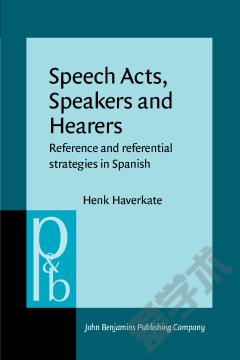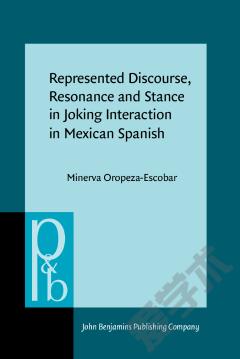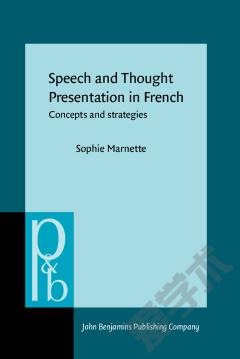Speech Acts, Speakers and Hearers. Reference and referential strategies in Spanish.
This study is an inquiry into the pragmatics of speaker and hearer reference. It falls into a theory-based and a description-based part. The former covers three topics: (a) the categories of speaker and hearer as opposed to the category of nonparticipants in the speech act; (b) the interactional roles of speaker and hearer as defined by the illocutionary point of the speech act and the preconditions underlying its successful performance; (c) the decomposition of the speech act as a model for describing strategies in verbal interaction. The object of the descriptive part of this study is to survey the different realizations of the categories of speaker and hearer reference and the strategic effects speakers intend to bring about by employing them. For this purpose, a language-specific analysis is applied to the system of speaker and hearer reference in Peninsular Spanish. For the sake of homogeneity, Peninsular Spanish is also chosen as the object language for the discussion of the general language phenomena which are treated in the theoretical discussion.
{{comment.content}}








 京公网安备 11010802027623号
京公网安备 11010802027623号